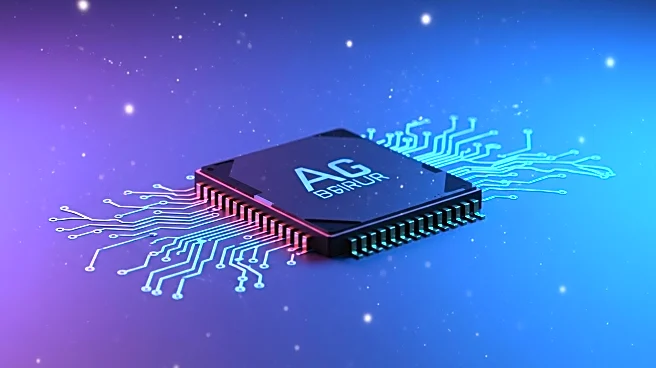What's Happening?
OpenAI has released GPT-5, the latest version of its large language model, which shows modest improvements over previous models. Despite claims of significant advancements in intelligence, GPT-5's performance on public benchmarks is not dramatically better than other leading models. The AI industry faces challenges in making substantial progress with current designs, as the improvements from GPT-3 to GPT-4 were more pronounced than those from GPT-4 to GPT-5. This has led to questions about the need for new approaches to develop more intelligent AI systems.
Why It's Important?
The modest gains of GPT-5 highlight potential stagnation in AI development, suggesting that the industry may need to explore new designs and methodologies. This could impact the competitive landscape, as companies strive to create more capable AI systems. The performance of GPT-5 on internal benchmarks, while promising, raises concerns about the transparency and scientific validity of such claims. The pricing strategy of GPT-5, being cheaper than competitors, could affect OpenAI's financial sustainability and influence market dynamics.
What's Next?
OpenAI may focus on improving the routing process of GPT-5 to enhance efficiency. The industry might explore alternative designs and training methodologies to overcome current limitations. The competition among AI companies is expected to intensify, with each striving to gain a competitive edge. The future of AI development may involve balancing cost-effectiveness with technological advancements to maintain market leadership.










